Artificial Intelligence has become a cornerstone of modern innovation, transforming industries and redefining how we interact with technology. From enhancing productivity in businesses to creating intuitive consumer experiences, AI is reshaping the world as we know it. With game changing AI tools, individuals and organizations are solving complex problems more effectively, unlocking opportunities that were once unimaginable.
What is Artificial Intelligence?
At its simplest, Artificial Intelligence refers to the creation of systems or machines that can perform tasks typically requiring human intelligence. These systems are designed to learn, adapt, and make decisions based on the data they process.
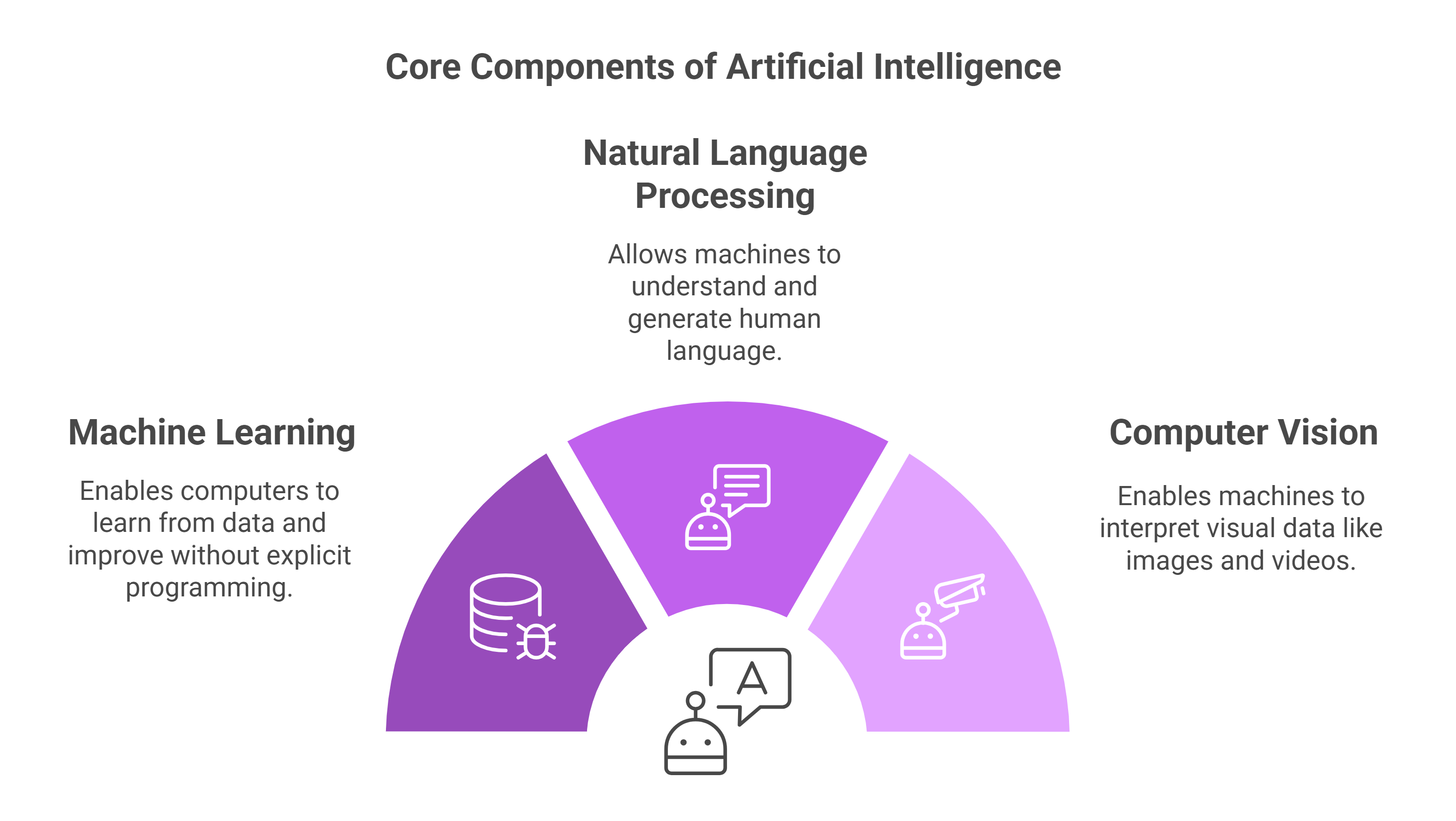
Key elements of AI include:
● Machine Learning (ML): This involves training machines to learn from data and improve their performance without being explicitly programmed.
● Natural Language Processing (NLP): A field focused on enabling machines to understand and respond to human language.
● Computer Vision: This allows machines to interpret and make decisions based on visual data, such as images or videos.
AI’s ultimate goal is to enhance efficiency, accuracy, and decision-making across various applications.
Why AI Matters
AI is not just a technological trend; it is a force driving innovation and transformation across countless sectors. Its ability to process vast amounts of data quickly and derive actionable insights has made it indispensable.
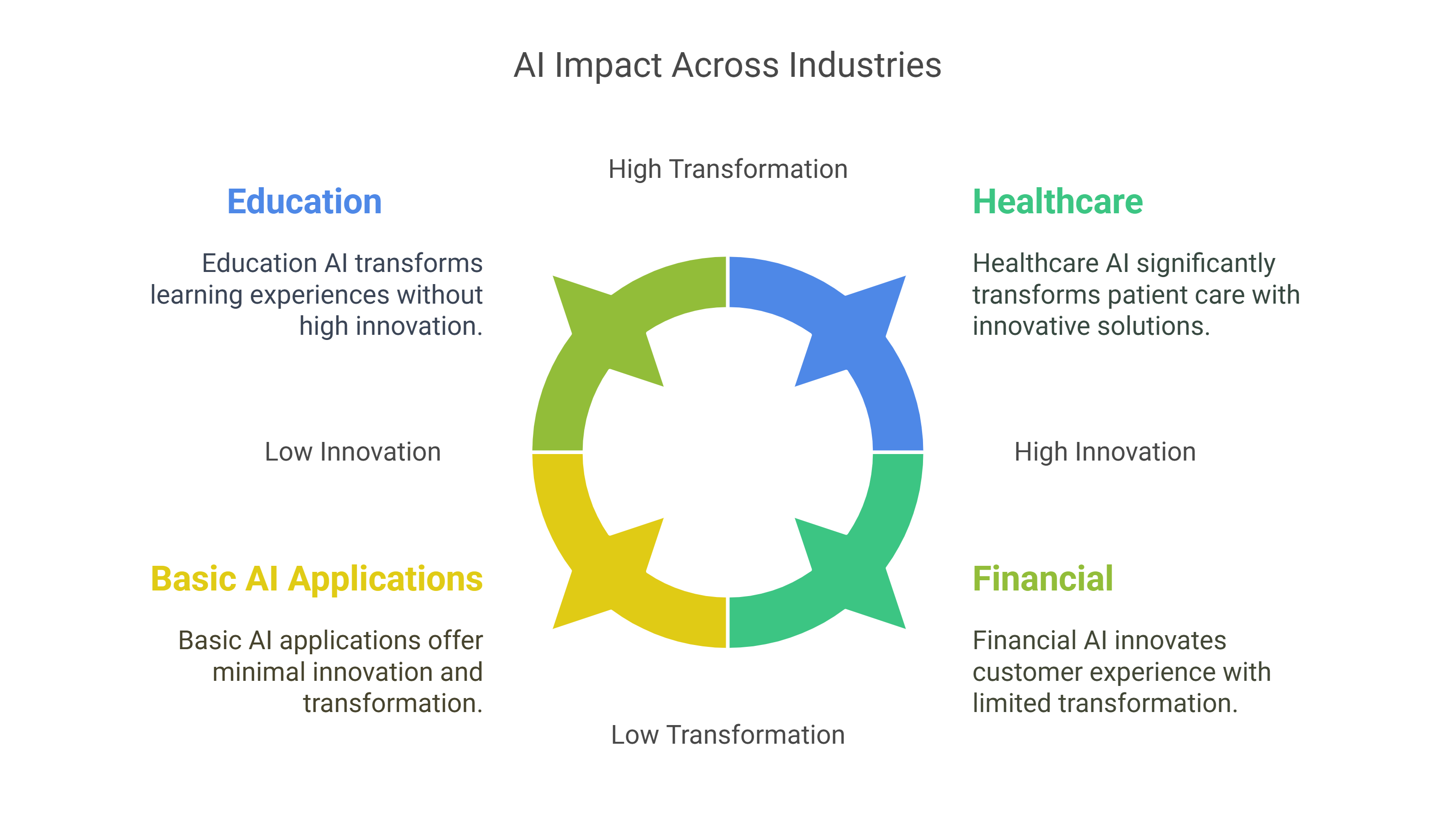
Here are some of its key impacts:
● Healthcare: AI is revolutionizing medical diagnostics, treatment planning, and drug discovery. For instance, AI-powered tools can detect conditions like cancer at earlier stages, potentially saving lives.
● Education: Personalized learning platforms adapt to individual student needs, helping educators create more effective teaching strategies.
● Finance: Fraud detection systems powered by AI analyze transaction patterns in real-time, protecting consumers and businesses from potential losses.
These advancements highlight AI’s versatility and its potential to solve critical challenges across industries.
Everyday Applications of AI
AI has seamlessly integrated into daily life, often in ways that go unnoticed. From virtual assistants like Alexa and Siri to recommendation engines on platforms like Netflix, AI has become an integral part of our routines.
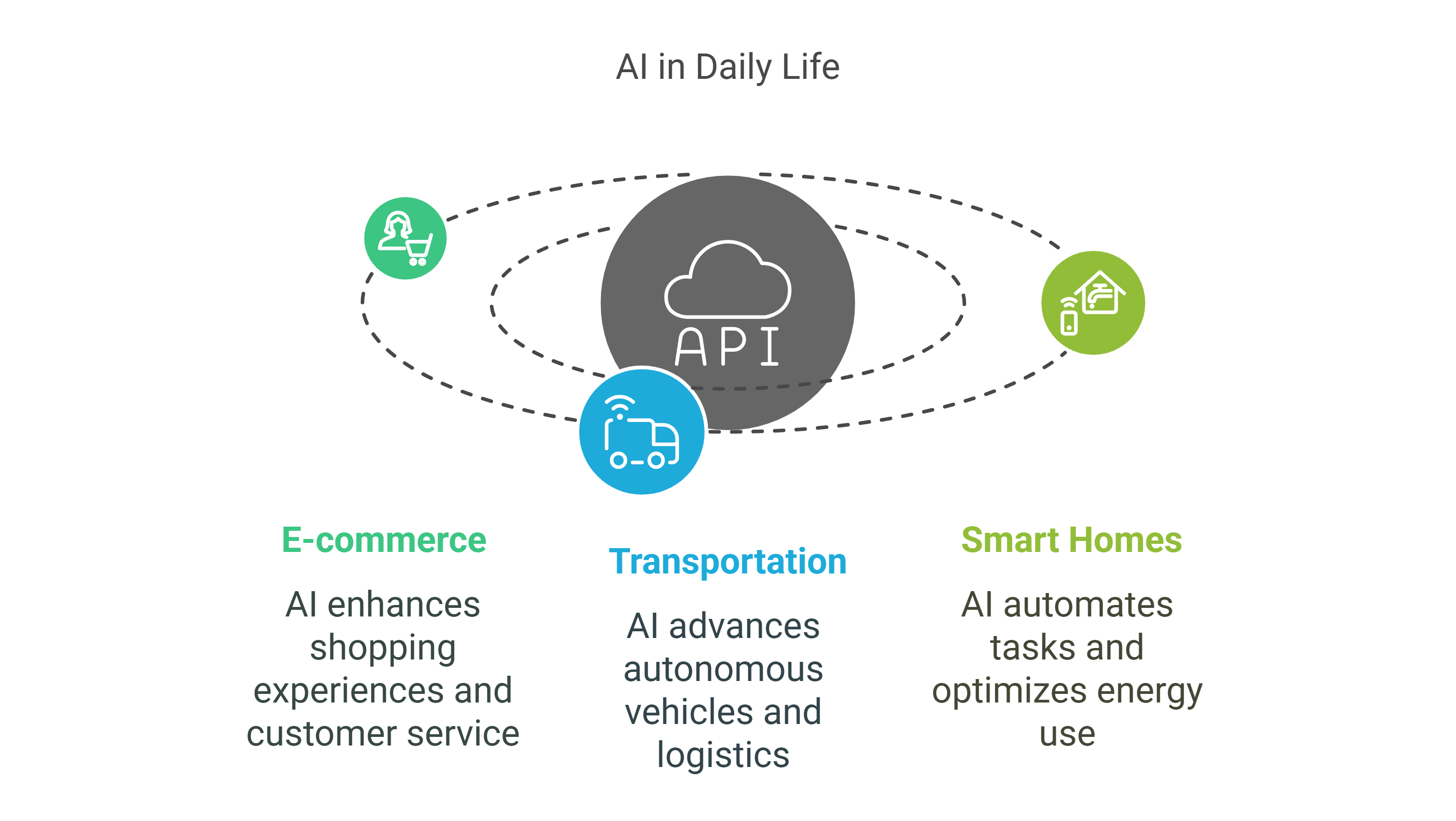
Here are a few common examples:
● E-commerce: AI drives personalized shopping experiences by analyzing user behavior to recommend products.
● Transportation: Autonomous vehicles use AI for navigation, obstacle detection, and decision-making.
● Smart Homes: Devices powered by AI optimize energy use, security, and convenience in homes.
These applications demonstrate the practical value of AI, making everyday tasks simpler and more efficient.
The Role of AI Tools
The development and deployment of advanced AI tools have been pivotal in driving the adoption of this technology.
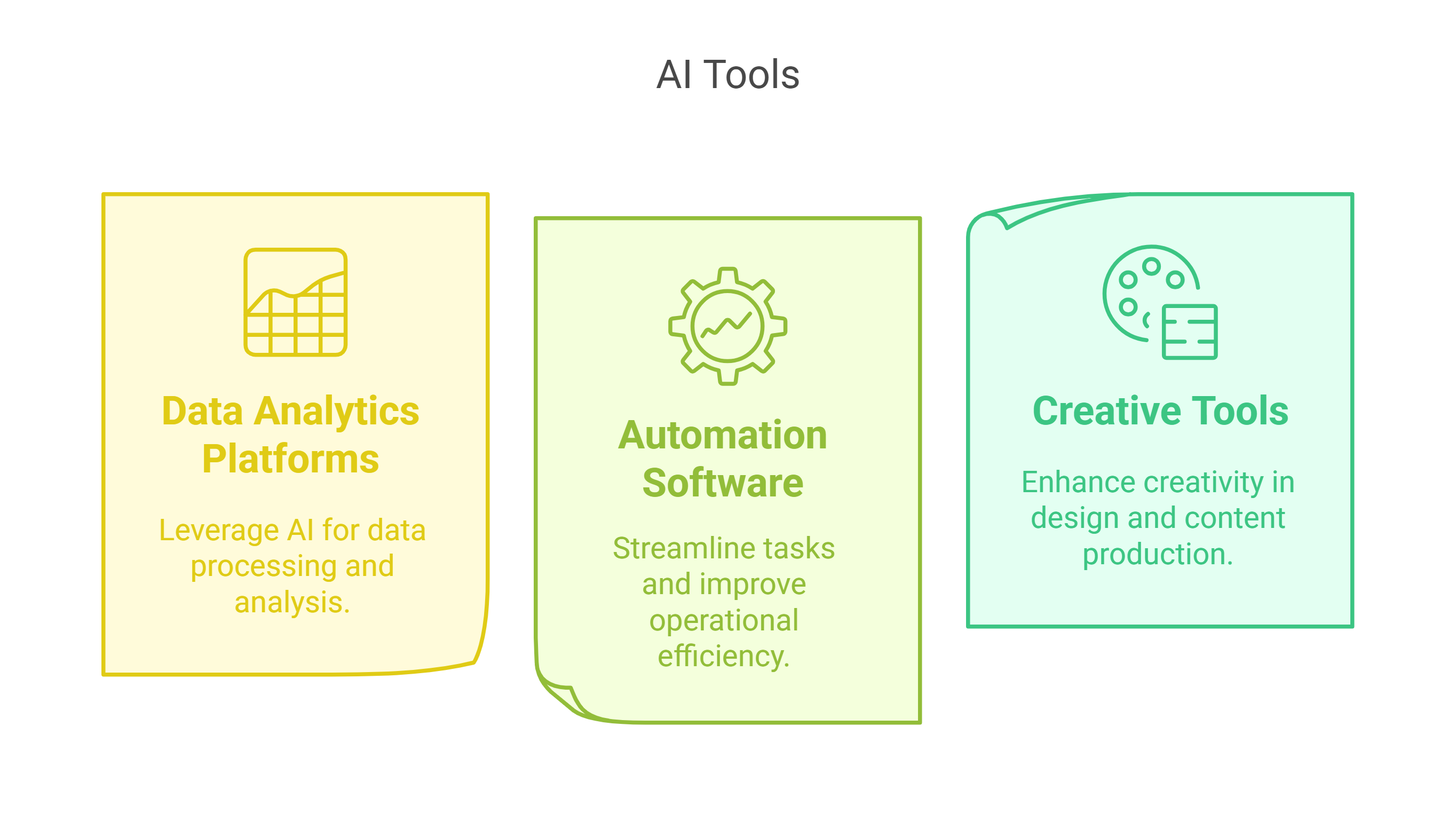
These tools allow businesses and individuals to harness AI’s power effectively. For example:
● Data Analytics Platforms: These tools provide insights into consumer behavior, helping businesses make informed decisions.
● Automation Software: AI-powered automation is streamlining repetitive tasks, reducing manual effort, and improving accuracy.
● Creative Tools: Applications that generate art, write content, or design marketing campaigns showcase AI’s versatility in creative fields.
By offering innovative solutions, these tools enable industries to address challenges and achieve goals with greater ease.
Challenges and Ethical Considerations
While AI offers significant advantages, it also presents challenges that cannot be ignored.

Key concerns include:
● Data Privacy: The collection and use of vast amounts of data by AI systems raise questions about privacy and security.
● Bias in Decision-Making: AI models trained on biased data can perpetuate inequalities and unfair outcomes.
● Workforce Displacement: The automation of routine tasks has led to fears of job loss in certain sectors, highlighting the need for reskilling initiatives.
Addressing these challenges requires collaborative efforts from technologists, policymakers, and society at large to ensure responsible AI development.
Conclusion
Artificial Intelligence is a transformative force that is changing the way we work, live, and solve problems. Its ability to analyze data, predict outcomes, and enhance decision-making makes it a cornerstone of modern innovation. As we continue to explore its potential, AI will remain crucial in unlocking new possibilities and driving progress.
By embracing AI responsibly, we can shape a future where technology enhances lives, supports industries, and addresses critical global challenges. The journey has just begun, and the opportunities are boundless.

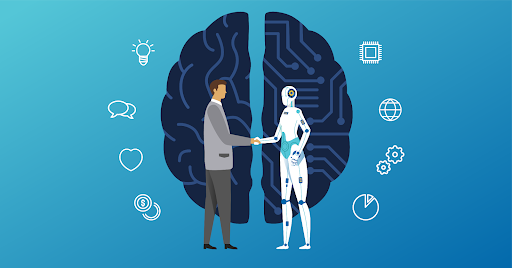
 By
By 




